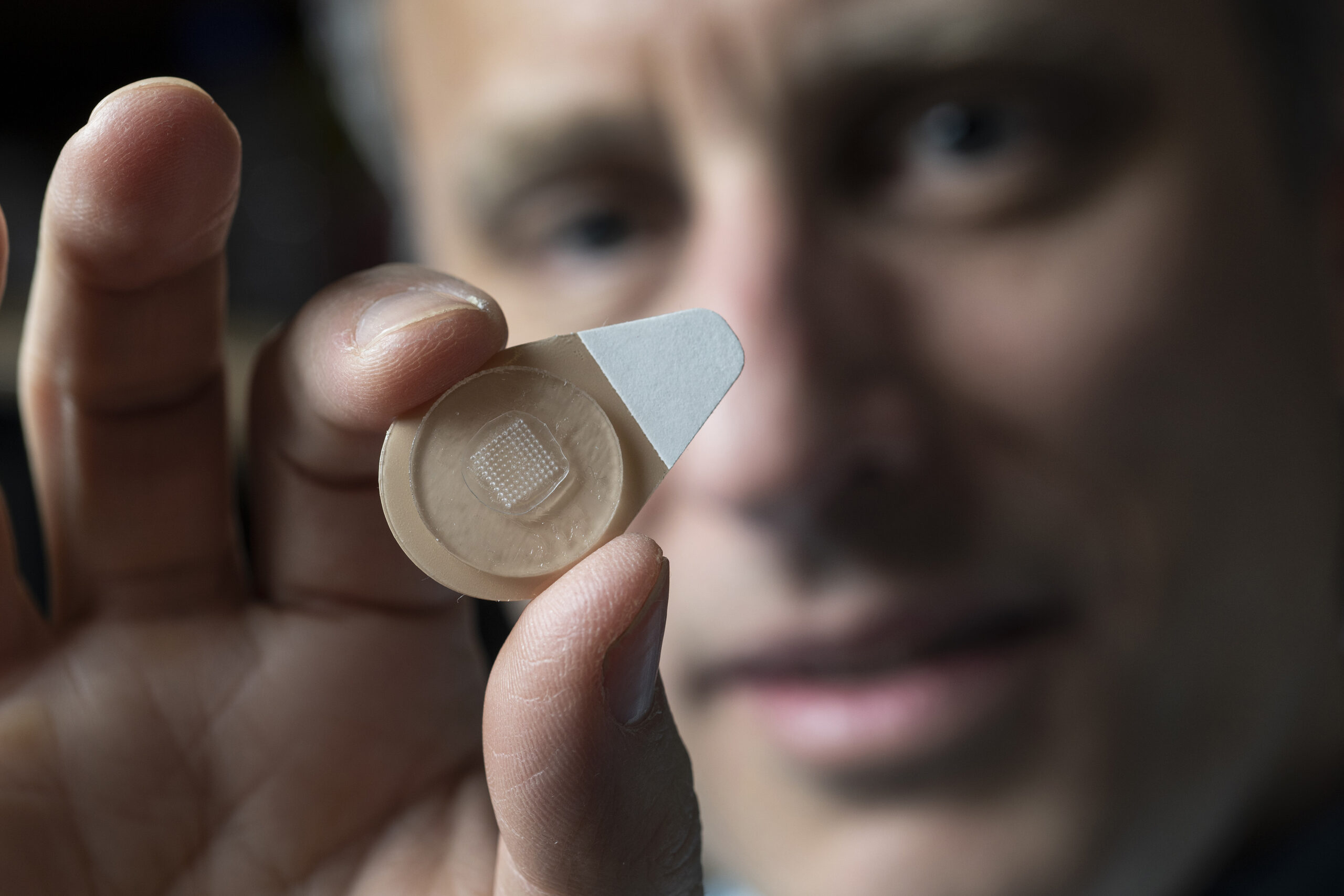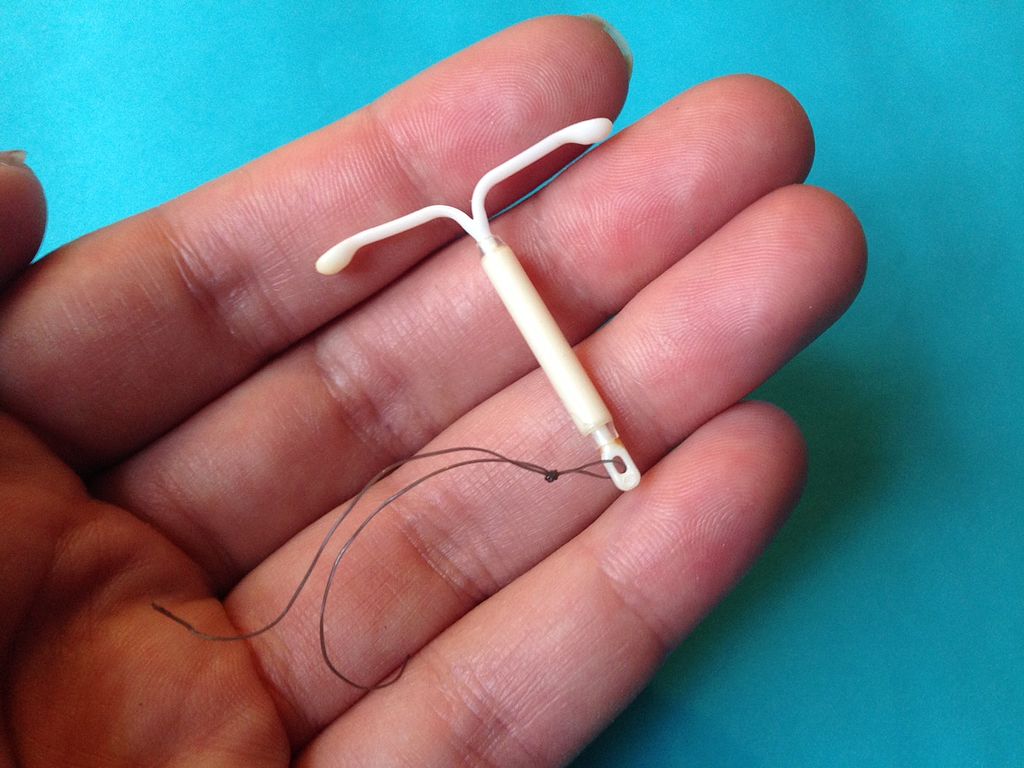American actress, singer and producer, Ashely Tisdale, has teamed up with Allergan to promote awareness and education about reproductive health and contraception use among women.
Tisdale stars in an educational video alongside OB/GYN Dr. Lakeisha Richardson, a paid consultant of Allergan. They engage in a Q&A style interview, with Tisdale asking questions about Allergan’s birth control pill, Lo Loestrin Fe, and other common questions women might have for their doctor. By seeking answers about her options for pregnancy prevention straight from an expert, Tisdale becomes a “Woman Who Knows”.
This is the primary goal behind Allergan’s Women Who Know campaign.
https://www.instagram.com/p/B0hZ6mcHvuY/
“We launched this campaign to encourage and empower women across the country to seek out the right resources and ask questions about their options when it comes to contraception, whether they’re looking to start a conversation with their healthcare provider for the first time, expand their contraceptive journey into prescription products or just learn a little bit more about a method they are currently using, like Lo Loestrin Fe,” said Erin Capra, Associate VP of Marketing for Allergan Women’s Health. “We joined forces with Ashley Tisdale, a smart, talented and successful woman, to create content that supports and inspires women as they seek out credible resources when it comes to preventing pregnancy.”
Featuring Dr. Richardson in the campaign reinforces the idea of consulting with a healthcare provider. In fact, findings from a systematic review of multiple controlled trials showed that input from a healthcare provider (plus educational intervention) had a ‘significant positive effect’ on increasing people’s knowledge of the benefits and risks of different contraceptive choices. Moreover, many young women report that the opinions of friends and family members play a critical role in determining their own contraceptive choices.
Knowledge of contraceptive effectiveness also appears to be low among sexually active women. Based on a study conducted in Missouri, researchers learned that less than 20 percent of surveyed women could correctly identify the typical risk of contraceptive failure for the pill, patch or ring; they tended to overestimate the effectiveness of these methods. Misinformation about contraceptive effectiveness has also been documented in Vietnam and Turkey.
Today, women still have misconceptions about pregnancy and contraception in general. In an analysis of survey responses to the question — ‘which do you think is more hazardous to a woman’s health — birth control pills or pregnancy?’— researchers found that 66.9 percent of 1,712 women believed pills to be as hazardous as pregnancy to a woman’s health. The truth, however, is that the risk of death with pregnancy is greater than it is with the use of oral contraceptives. The authors find it “disturbing” that sexually active women do not possess correct information about contraception and pregnancy.
These findings highlight the need for improved educational interventions to dispel myths and improve women’s knowledge and confidence about their reproductive health. Allergan’s partnership with Tisdale could help show women that candid and honest conversations about contraception and pregnancy prevention is both possible and helpful.












Join or login to leave a comment
JOIN LOGIN